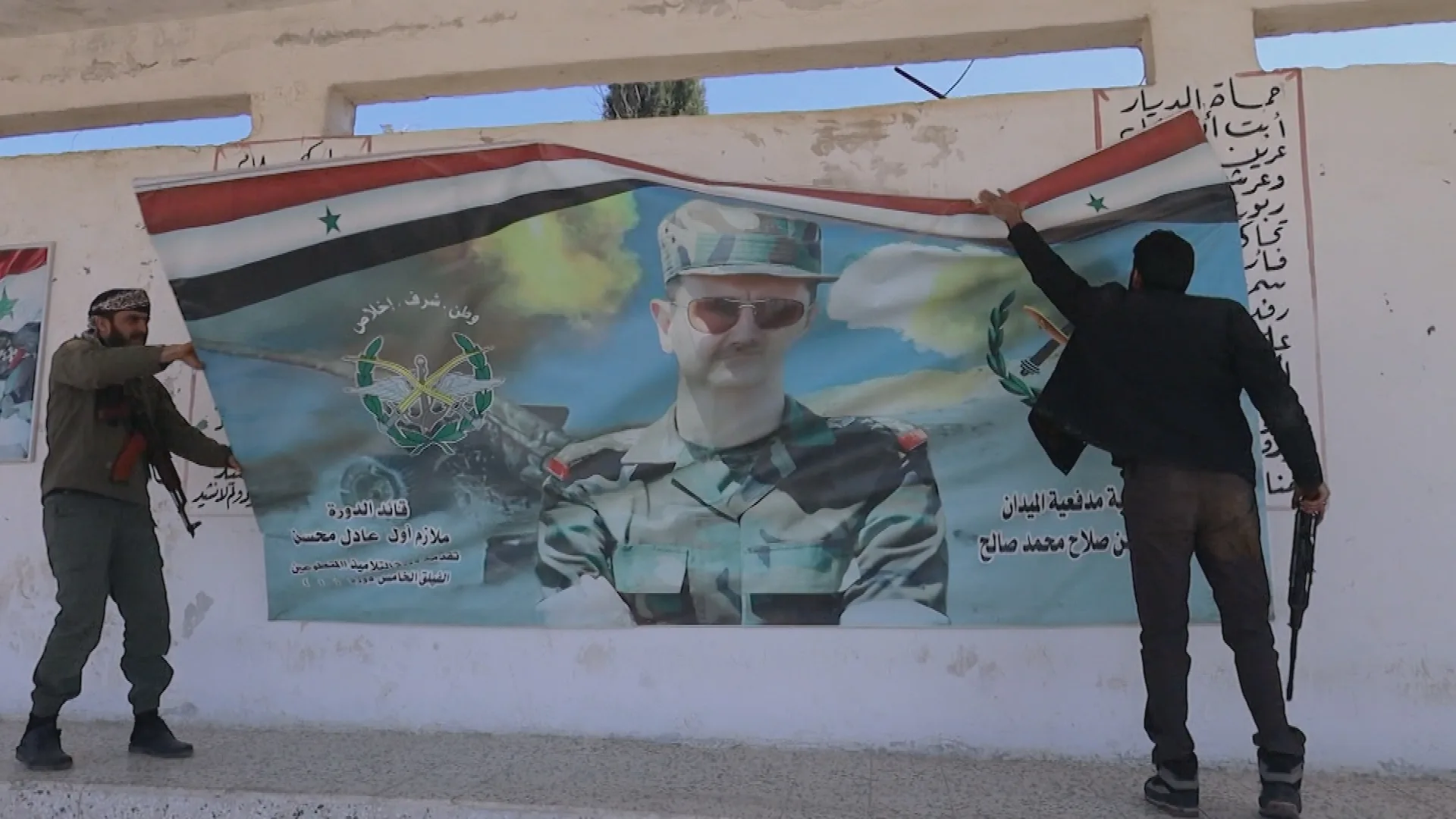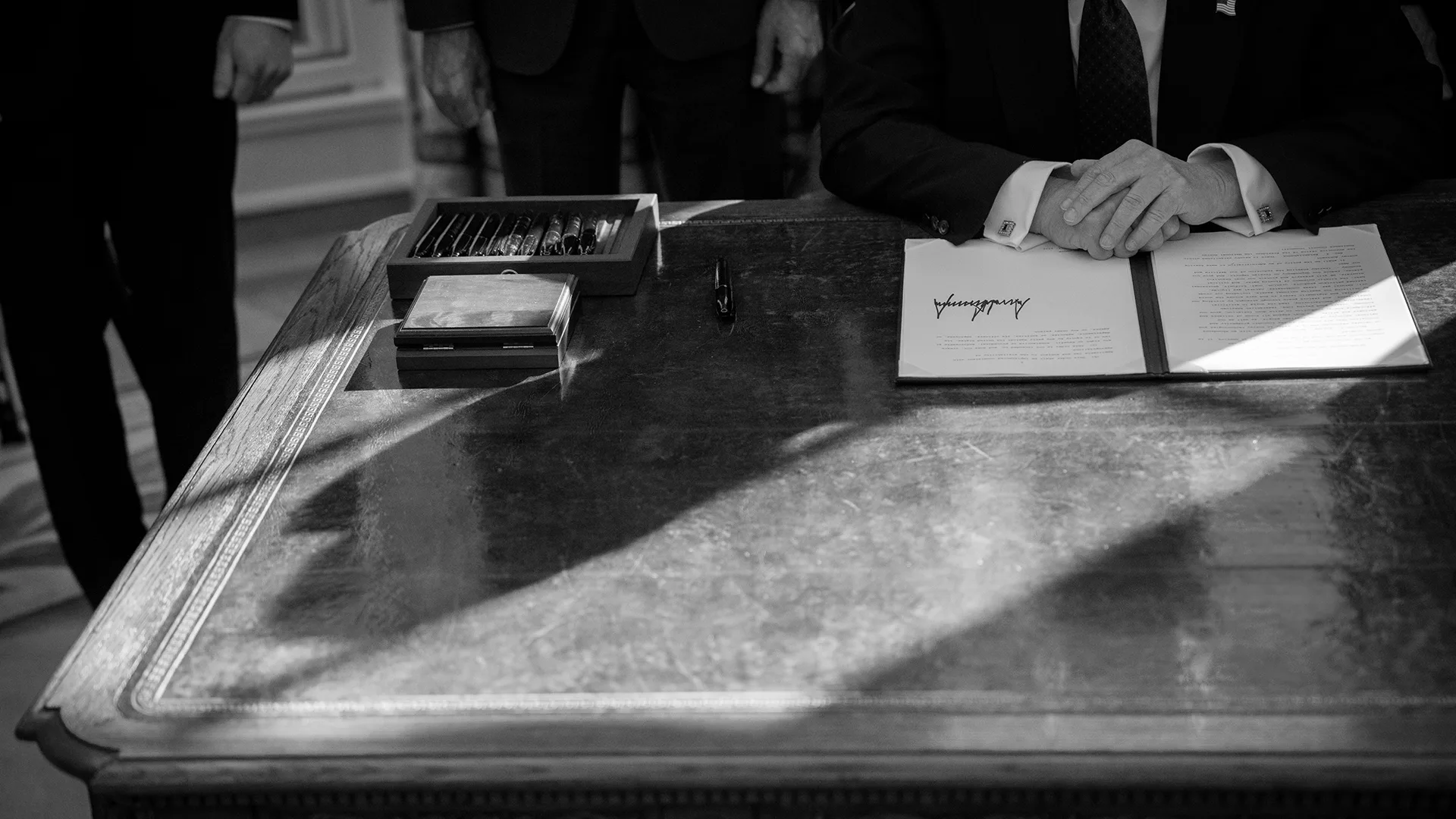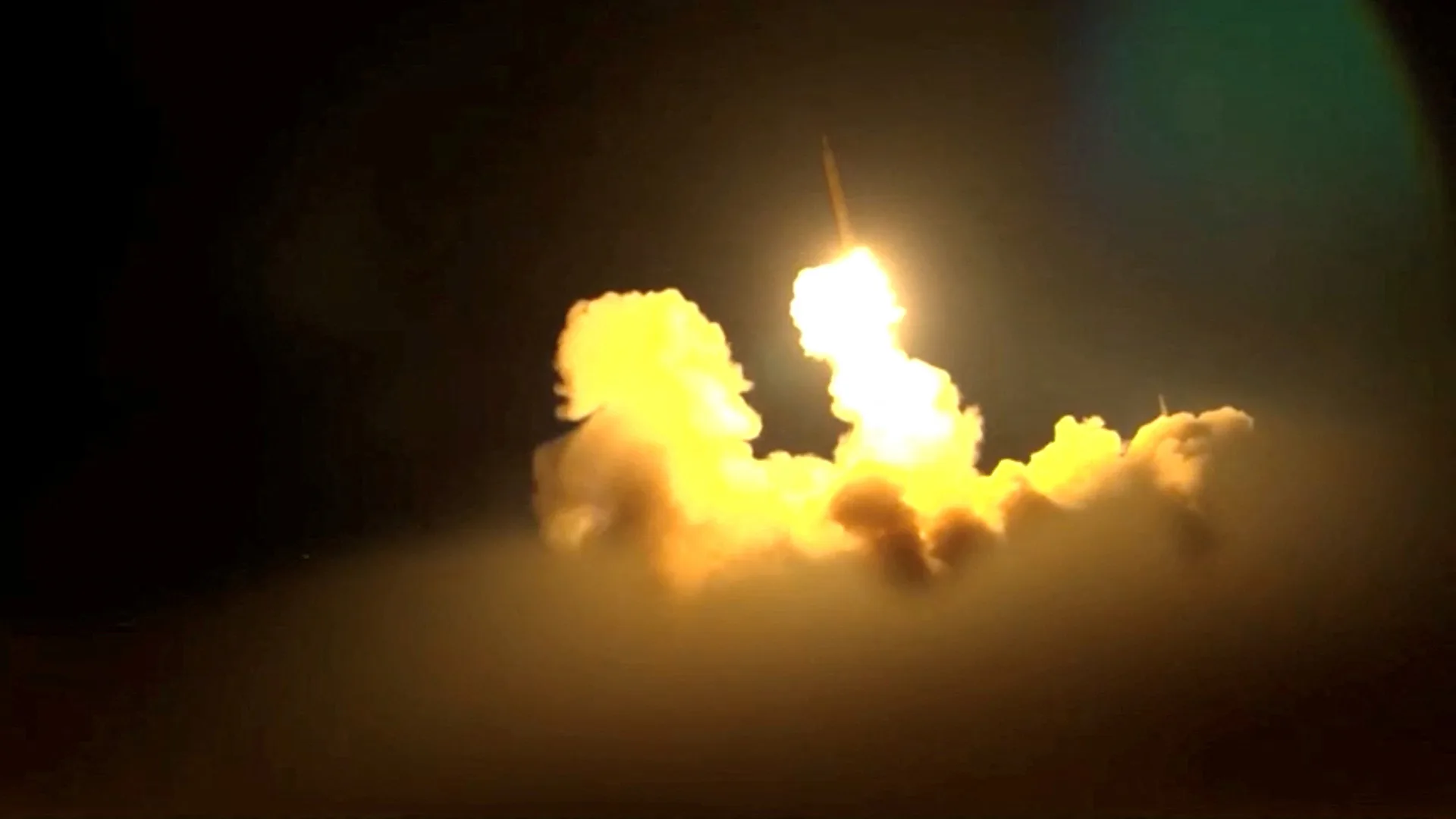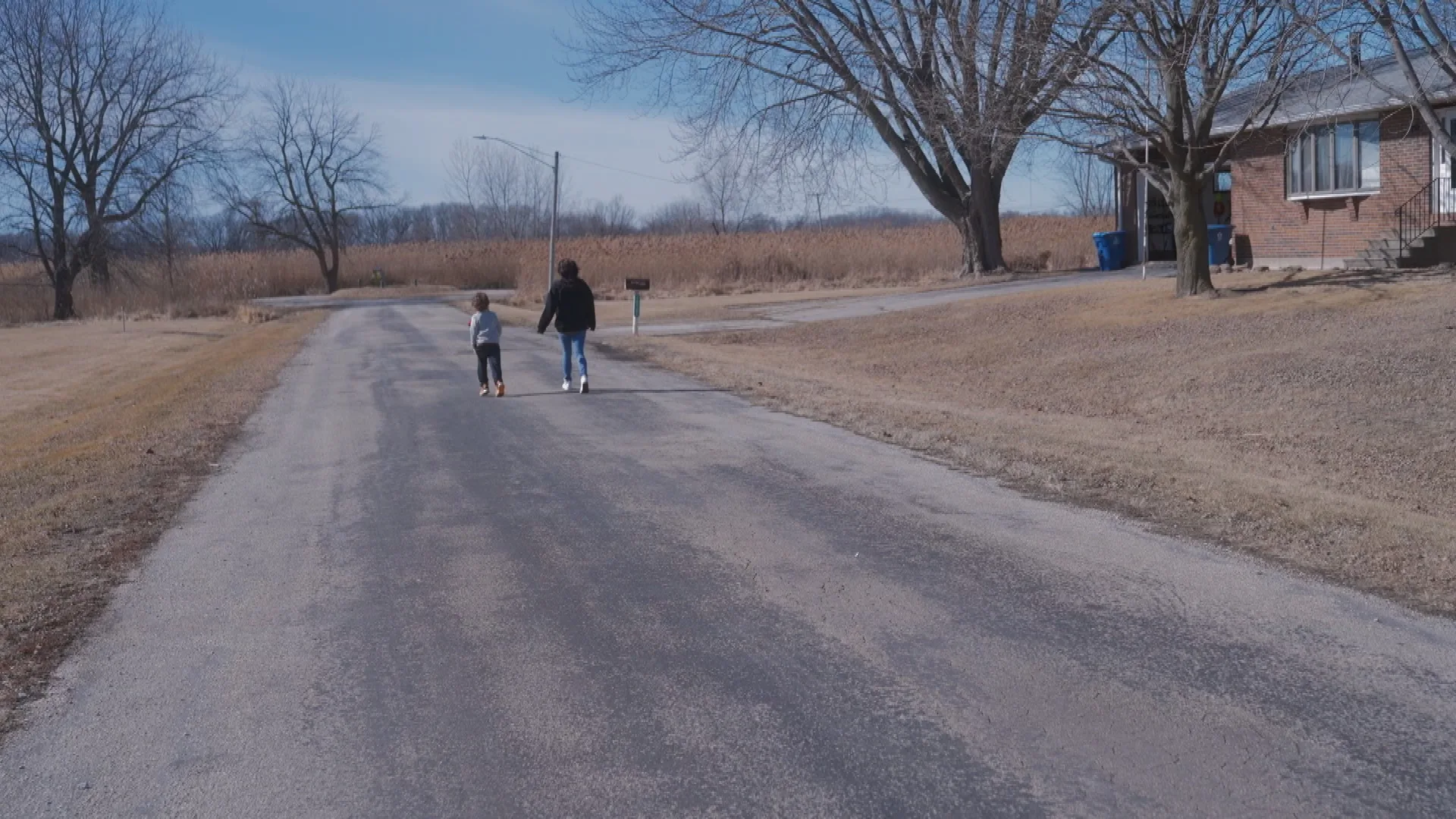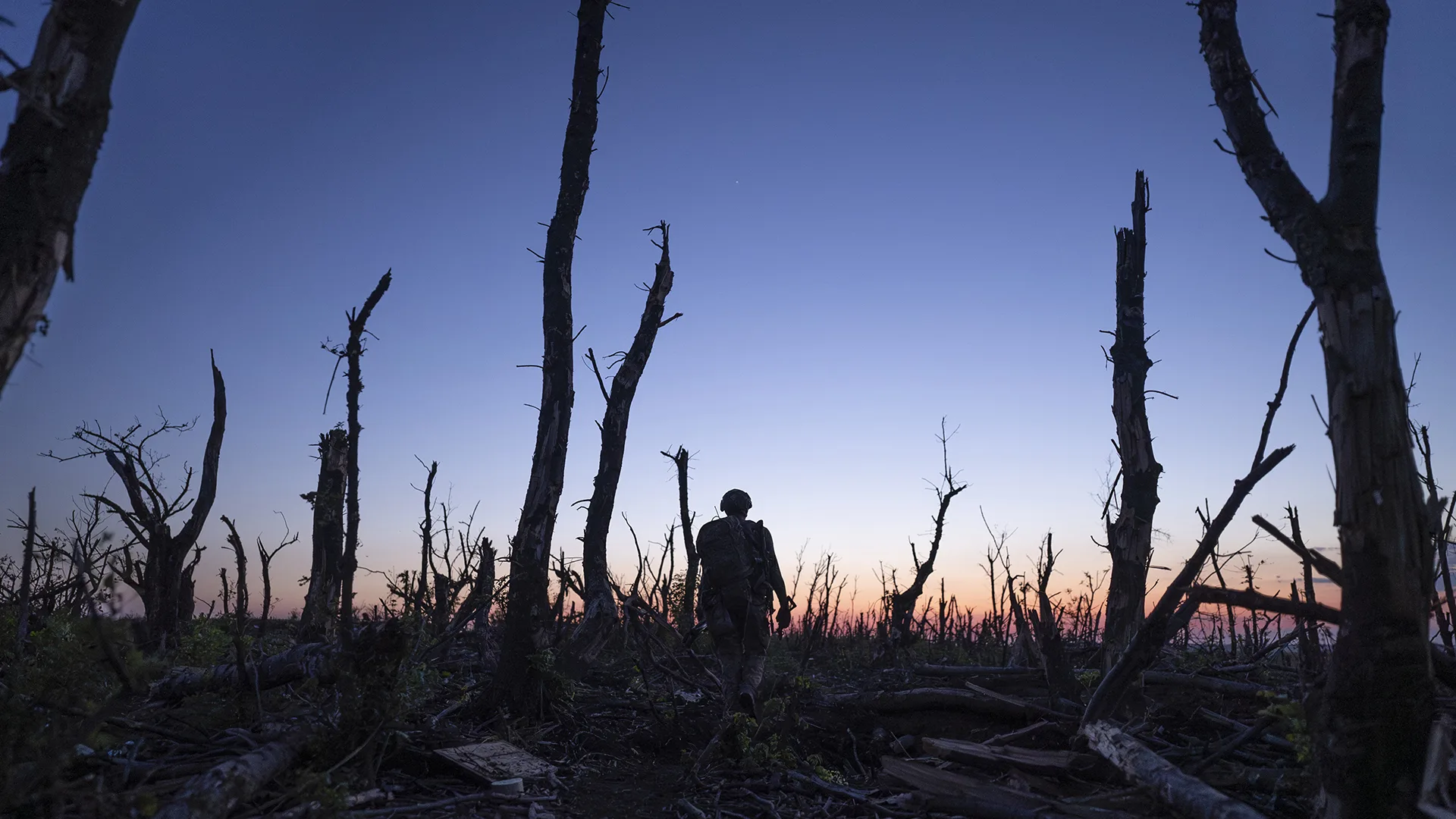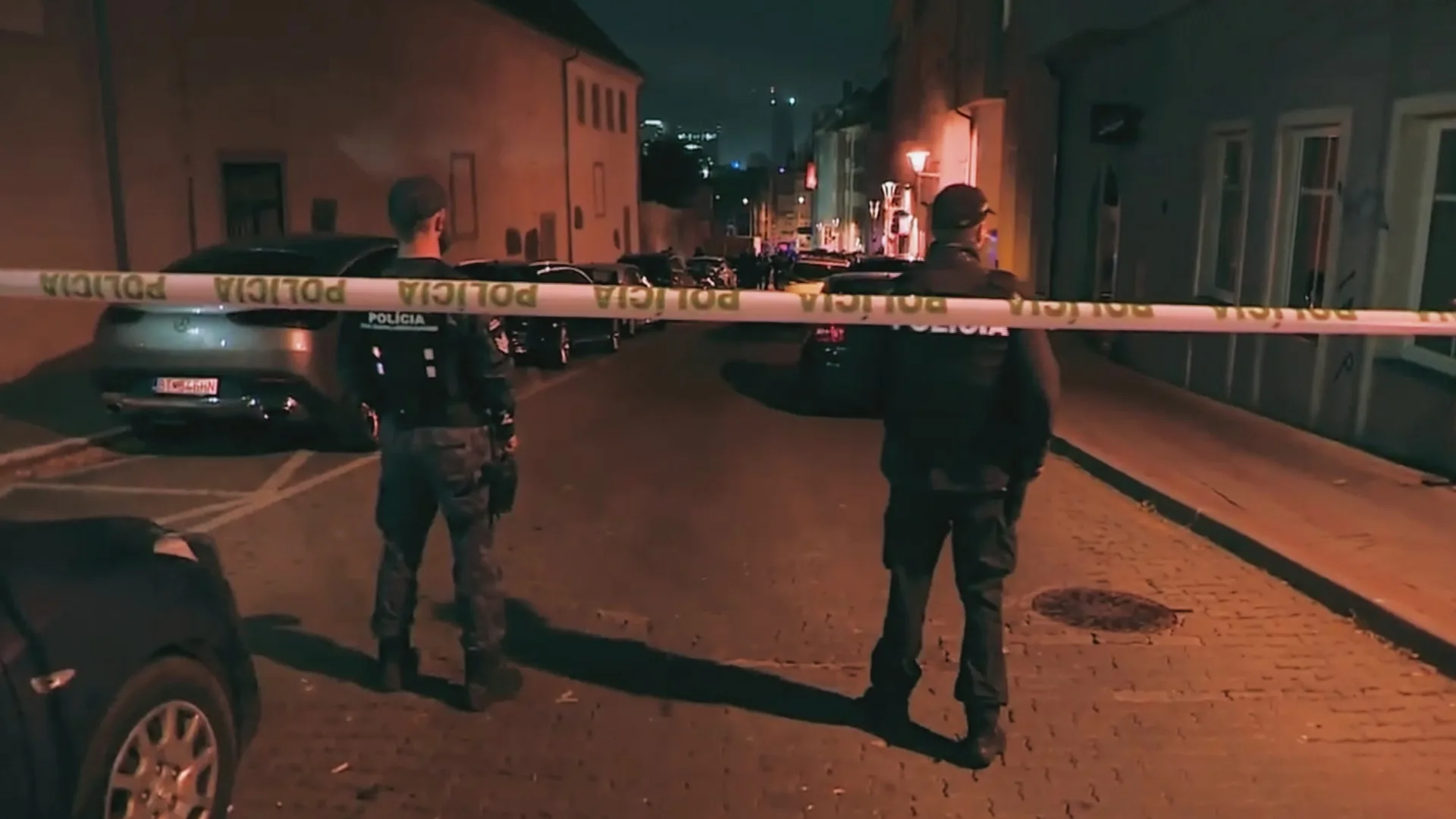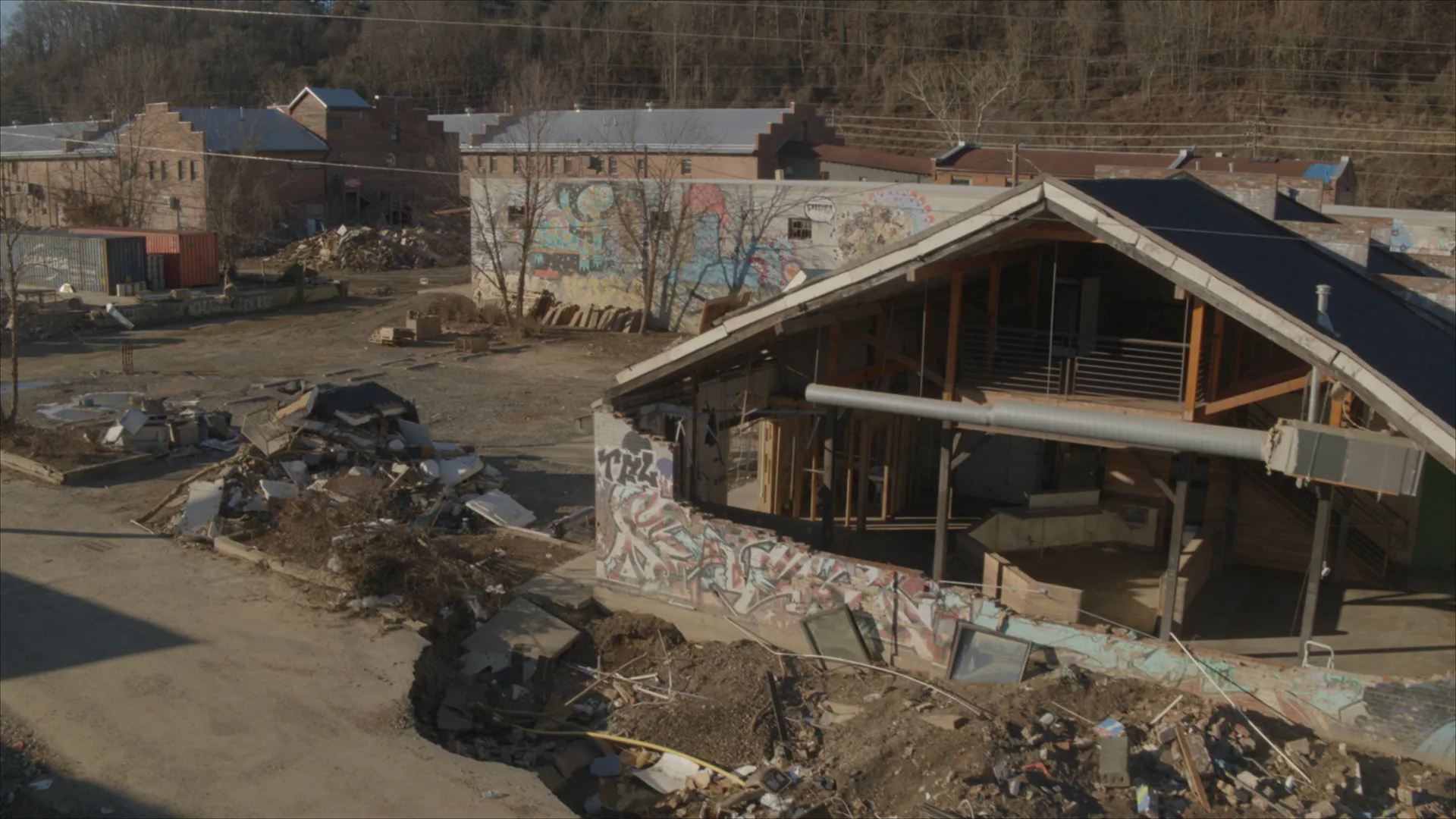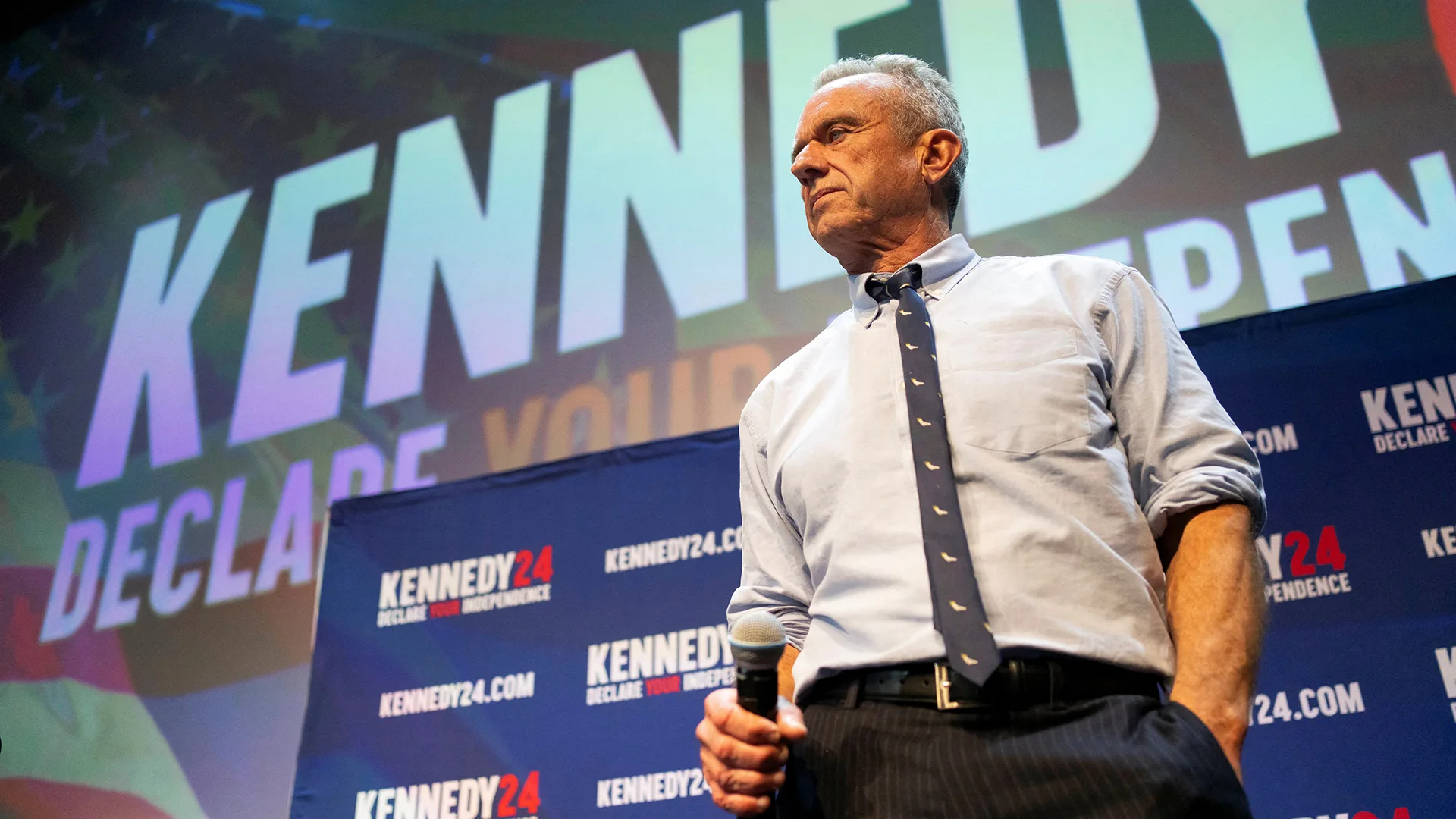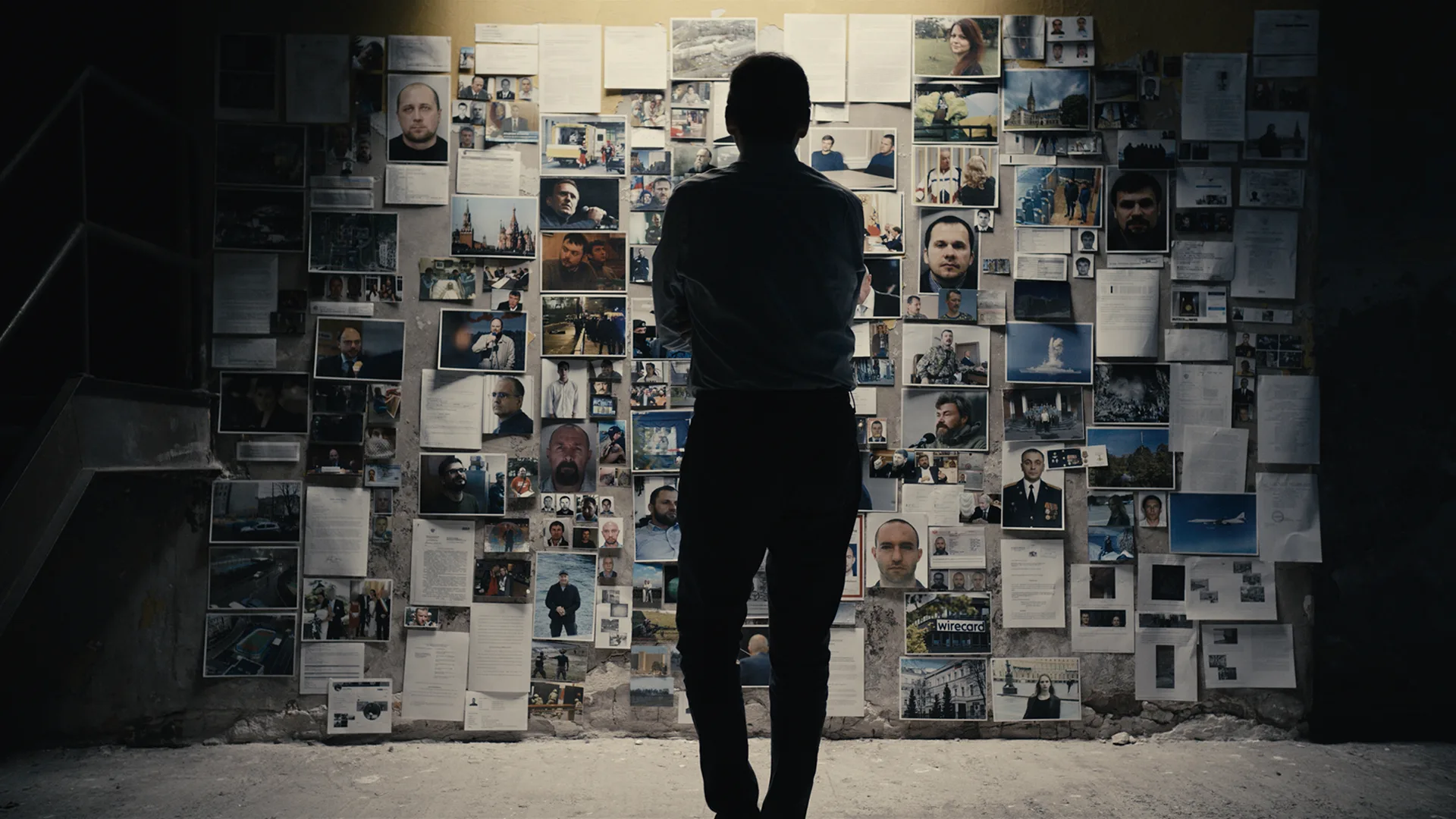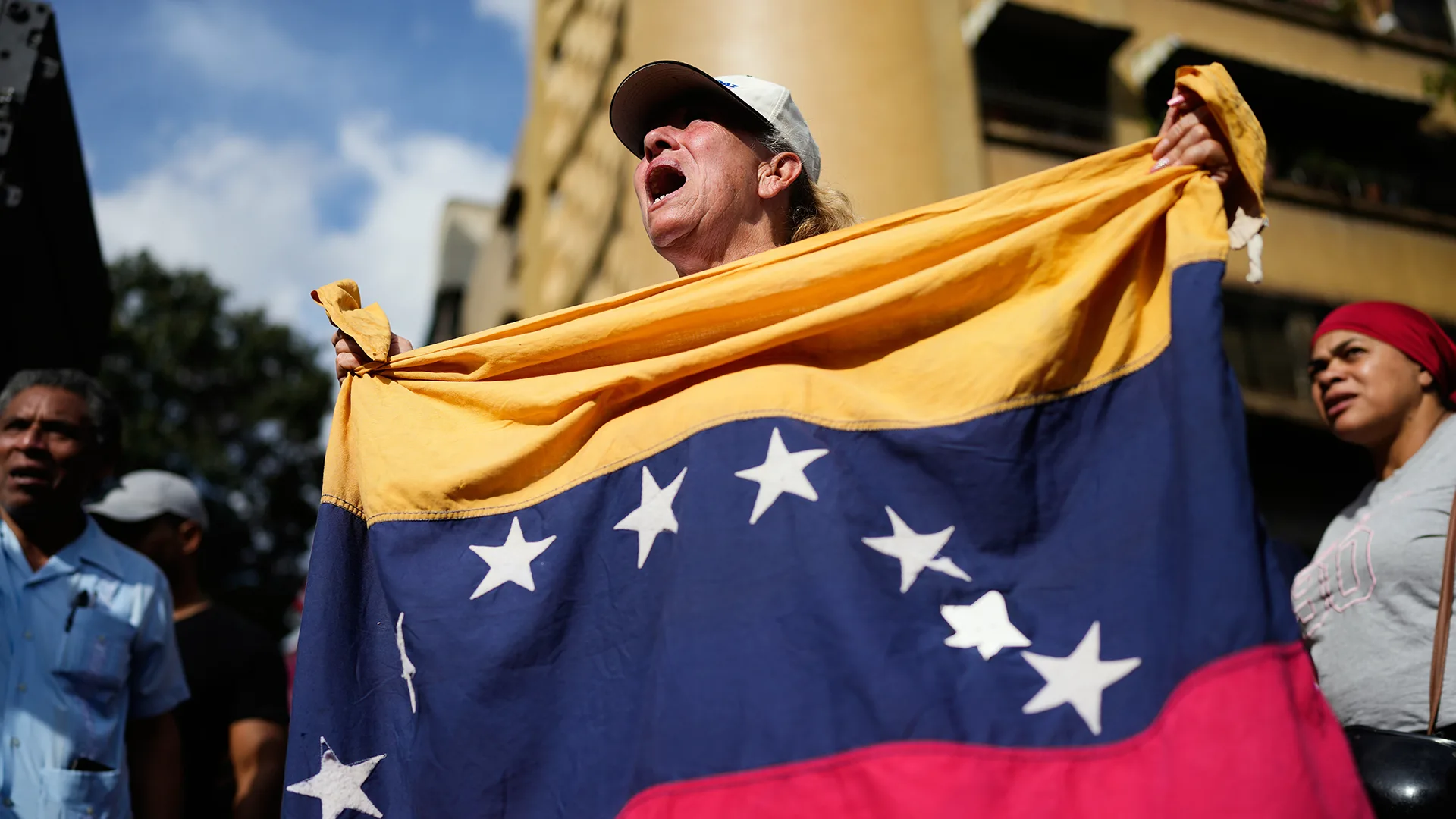Taliban Hunters
November 17, 2015
20m
Inside a counter-terrorism unit in Pakistan that's dedicated to tracking down Taliban suspects
Taliban Hunters
November 17, 2015
20m
Share
Inside a counter-terrorism unit in Karachi, Pakistan that’s dedicated to tracking down Taliban suspects.
Produced by
Transcript
Credits
Journalistic Standards
Support provided by:
Learn More
Most Watched
The FRONTLINE Newsletter
Related Stories
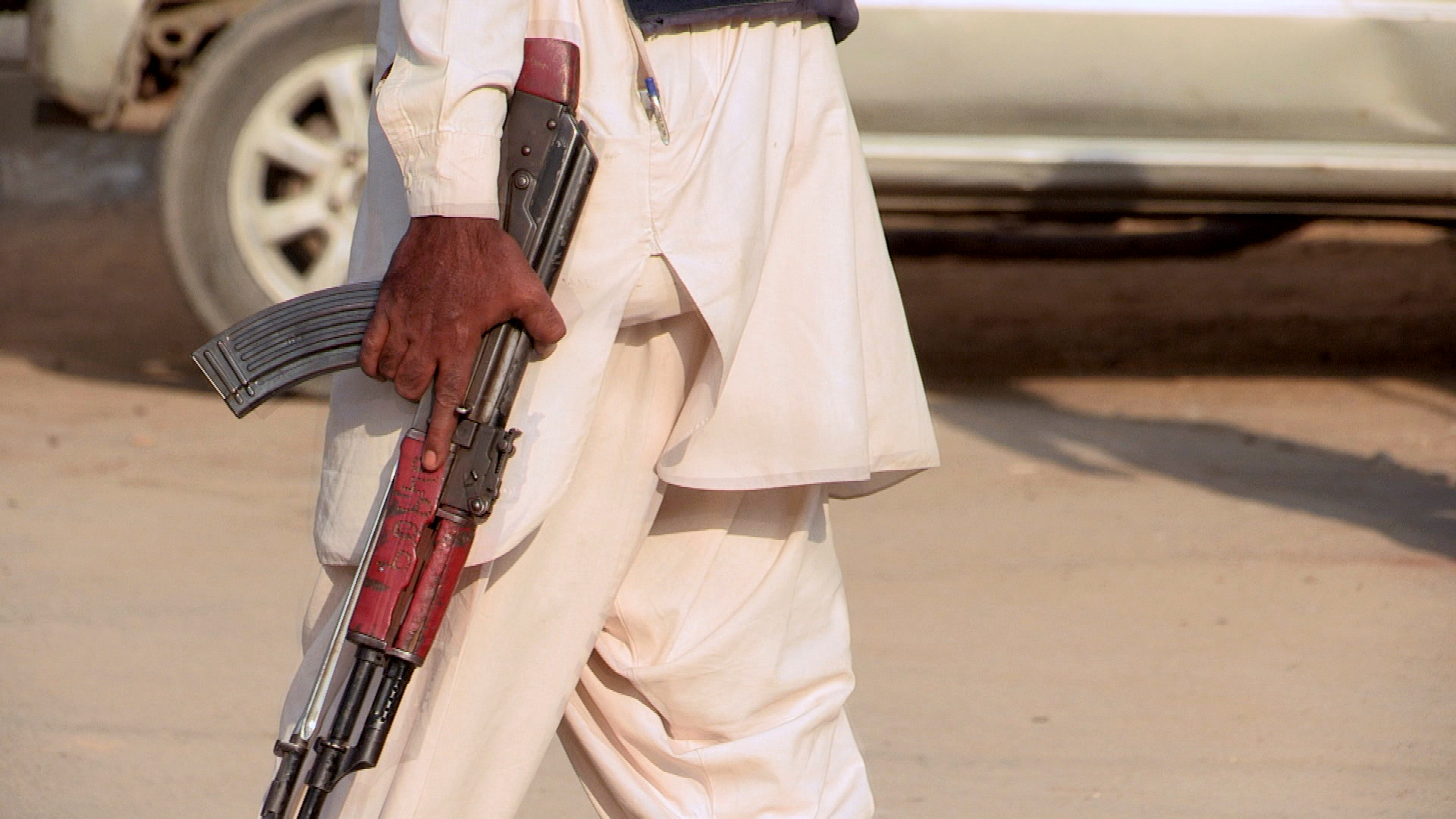
The Fight Against the Pakistani Taliban: What Are the Costs?
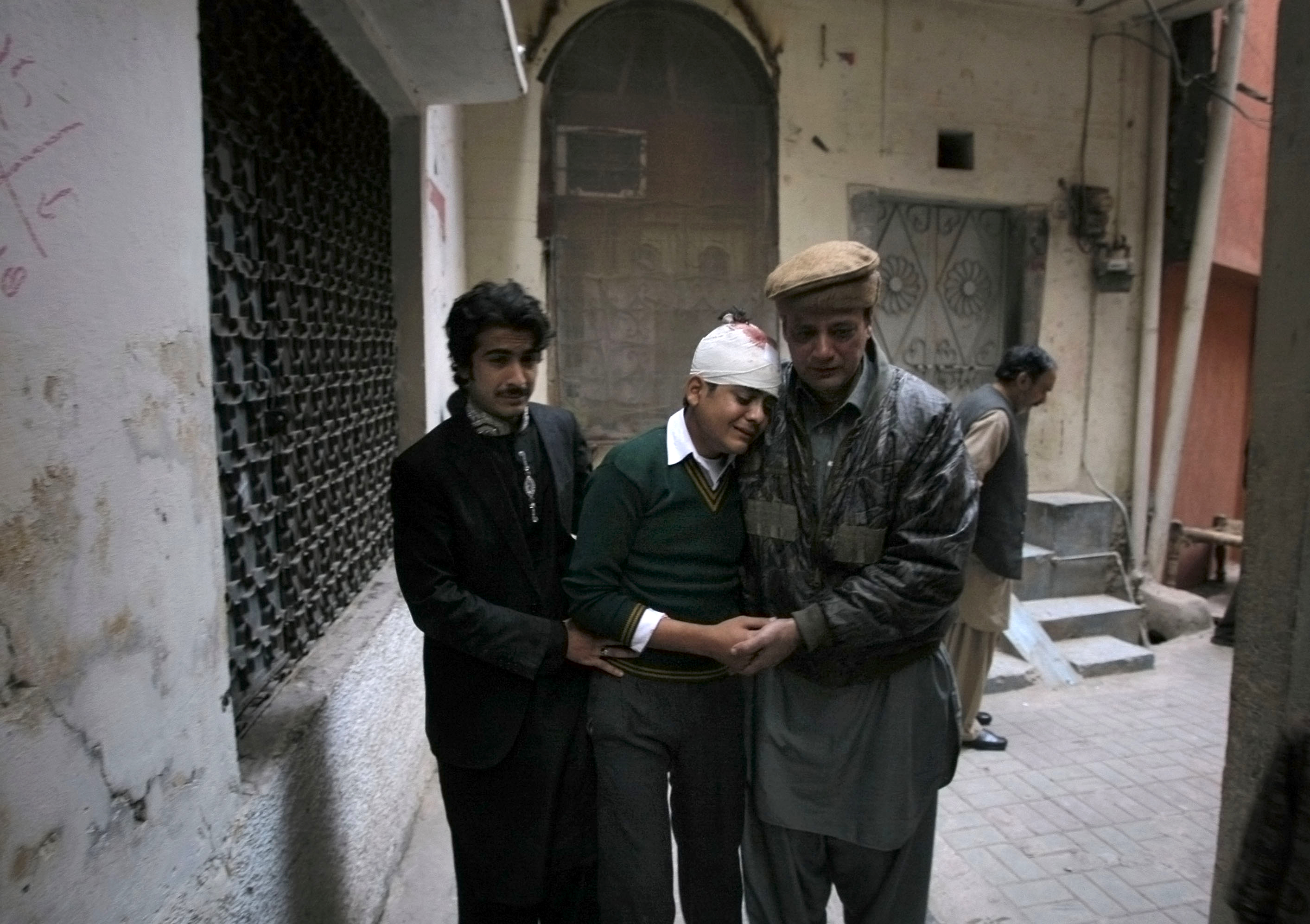
Taliban Attack On Pakistani School is Deadly and Symbolic
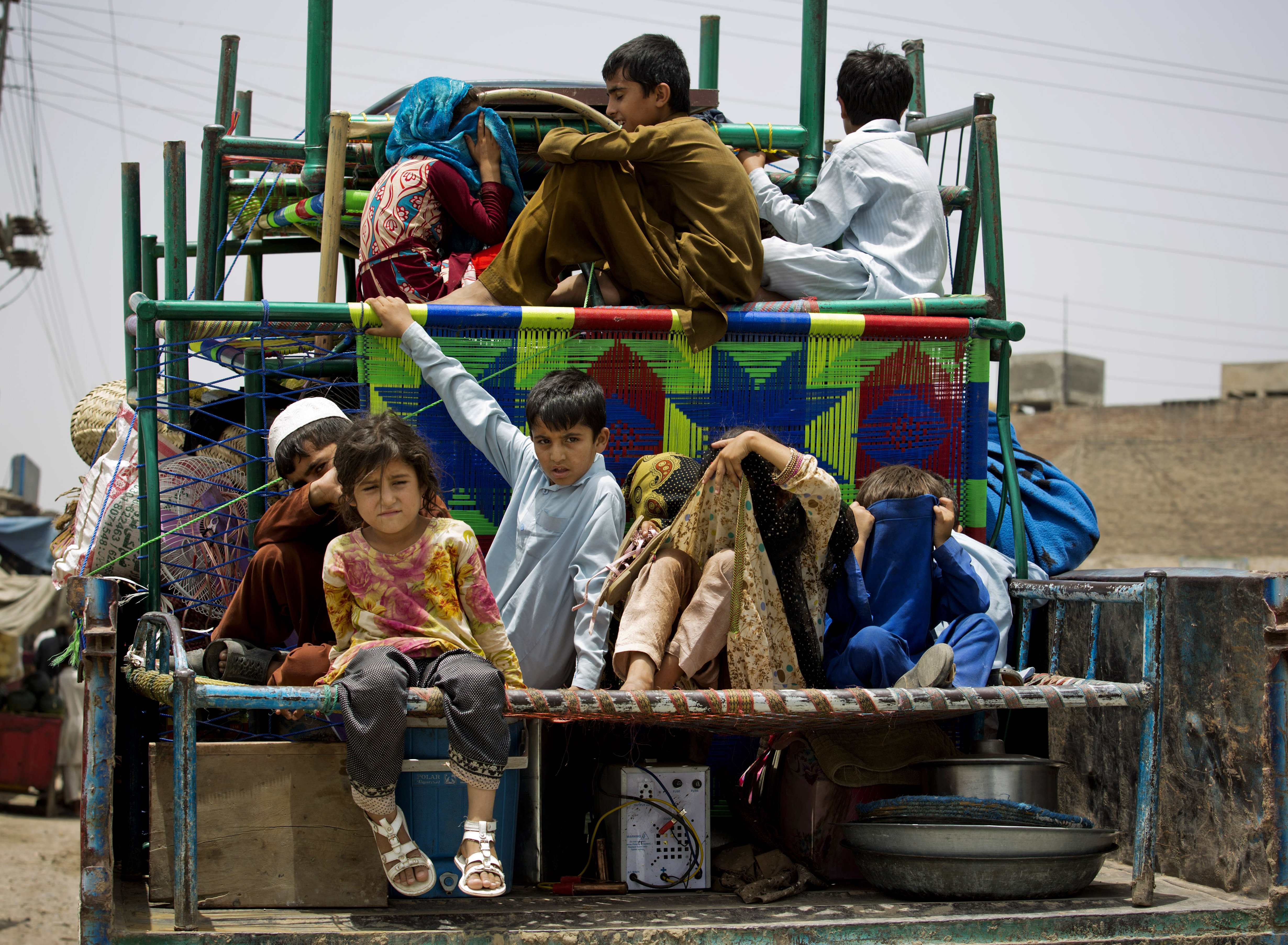
Pakistan’s “Forgotten Crisis”
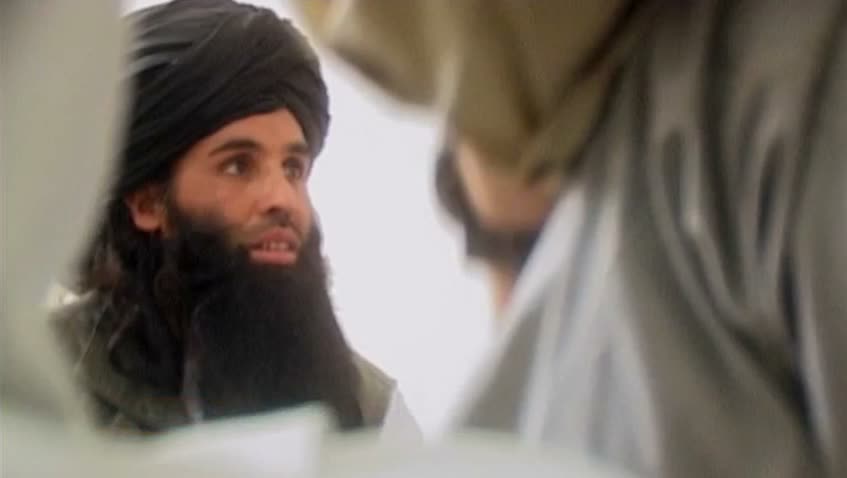
Meet the New Head of the Pakistani Taliban
Related Stories

The Fight Against the Pakistani Taliban: What Are the Costs?

Taliban Attack On Pakistani School is Deadly and Symbolic

Pakistan’s “Forgotten Crisis”

Meet the New Head of the Pakistani Taliban
REPORTED AND DIRECTED BY
Mobeen Azhar
NARRATOR: Karachi, Pakistan. Officer Ijaz Bajwa heads the city’s counter-terrorism police unit. His team is on the front line of an escalating war with the Pakistani Taliban.
Officer IJAZ BAJWA: [addressing team members] [subtitles] You guys shouldn’t take any action without clear orders from me, Sajjad or Safdar. Without direct or clear-cut orders, there will be no firing.
NARRATOR: Officer Ijaz has received a tip that two militants are planning an attack from a hideout in Karachi’s slums. Reporter Mobeen Azhar is accompanying the police on the raid.
Officer IJAZ BAJWA: [subtitles] Good luck. May God grant us success. Now get in your cars.
NARRATOR: The unit is informally known as the Taliban Hunters.
Officer IJAZ BAJWA: We are looking for activists of an extremist group. They are planning something big. They are here with arms and ammunition.
MOBEEN AZHAR, Correspondent: It’s the Taliban?
Officer IJAZ BAJWA: Yes, they say that, “We are from TTP.”
NARRATOR: The Pakistani Taliban, or TTP, used to have only a small underground presence in Karachi. Most of its fighters were based in the remote tribal areas near the Afghan border. But over the last few years, they have been gaining ground here in the country’s commercial capital, a city of over 20 million people.
The team is heading into one of the most notorious slums, Ittehad Town, a TTP stronghold.
Officer IJAZ BAJWA: The Taliban have their sleeper cells inside Ittehad Town, and many other areas, actually. Our informer, he has proper knowledge of what they have done in the past. They were involved in target killings of police officers and law enforcement agencies.
NARRATOR: The team enters Ittehad Town in the early hours of the morning. The streets are empty. The final approach towards the target house is on foot.
OFFICERS: [subtitles] Wait a minute. How far are we going? It’s where the bulb is hanging. Turn off the light.
NARRATOR: The police say if they are spotted entering the slums, Taliban watchmen often sound an alarm as a call to arms for local militants. No one knows how many men are inside and who could be watching.
OFFICER: [subtitles] Behind me. It’s the police. Police! Open the door!
NARRATOR: The suspects open fire.
Officer IJAZ BAJWA: [subtitles] If you don’t come out, we’ll shoot you!
Kick the door. Get down. Get down. Break it down! Break it down!
Don’t move. Don’t move. Get down. Arms above your head.
This belongs to them. Don’t touch it. Cover his face. Take them out one at a time.
NARRATOR: The priority now is getting out of the slum.
MOBEEN AZHAR: So there was gunshots fired, and they took a gun magazine from one of the suspects. They’re now taking him to the compound. As soon as we got in there, there was the sound of a kind of an alarm. And a few of the officers told me that the Taliban members sound the alarm to tell people in the area that the police are here. That’s why we have to make a quick exit right now. We have to get out of the area.
Officer IJAZ BAJWA: [subtitles] Watch out! They’re sounding the alarms. Stay alert. Watch your backs!
Sometimes there is resistance from the local public. We managed well. We were very brief and very quick. So that ended well. Going into the area, that’s not dangerous. Leaving the area is always full of risks.
[subtitles] Dump the boys and turn the car around.
NARRATOR: The police say they believe the suspects were in the final stages of planning to kidnap a prominent businessman. They’ll be put in solitary confinement for the next five days.
Human rights groups have accused the Karachi authorities of abusing the militants they capture in the fight against the Taliban. Officer Ijaz says he operates within the law but that the harsh conditions in his jail make suspects more likely to talk.
The Pakistani Taliban first emerged in 2007. Their violent campaign to topple the government made headlines last year with the attack on a school in Peshawar that left 132 children dead.
NEWSCASTER: This was a well-planned massacre, a bloody eight-hour rampage executed without mercy.
NARRATOR: Over the last 18 months, the Pakistani army has been trying to force the Taliban out of their sanctuary in North Waziristan, a remote region near the Afghan border. The military campaign has had an unintended consequence. Thousands of Taliban have taken refuge in the slums of Karachi. They use the city as a base to raise money through crime and kidnapping, and to launch more attacks.
The battle against the militants here falls mainly to the police, not the army. Officer Ijaz and his team monitor the Taliban and other extremist groups from this surveillance center.
MOBEEN AZHAR: Could you point out the areas where the Taliban has a strong presence?
Officer IJAZ BAJWA: Urangi, Baldir, Saeedabad, Ittehad Town, these areas. Then we have Surjani, we have Sarabghot area. So basically, the slums are encircling the city, and these slums, they are very dangerous.
NARRATOR: It’s from these slums that the Taliban have been organizing their attacks.
Officer IJAZ BAJWA: [to video operator] Please show us the blast. This white bus with blue stripes, this is coming and—
NARRATOR: This suicide bombing was carried out at rush hour in a busy marketplace. Police say six people were killed and 52 injured. But the militants’ most common tactic is targeted assassination.
Officer IJAZ BAJWA: You can see these two guys being shot and shots being fired on them.
NARRATOR: Here, two men are gunned down by Taliban members on motorbikes. One is killed instantly. Police, journalists and anyone opposing the Taliban is a potential target.
Officer IJAZ BAJWA: These two guys will fire the next guy going on a motorbike in the blue dress.
NARRATOR: This man rides his motorbike during rush hour. His killer is just a few feet behind him. The gunman strikes, and drives away unchallenged.
Officer Ijaz says his men have limited resources to take on the Taliban.
Officer IJAZ BAJWA: They are fighting a full-fledged war, so they are not equipped and they are not trained for it yet. They were trained for traditional policing, but it is not traditional policing. It is— they are fighting terrorism.
NARRATOR: Captured Taliban suspects are detained in Officer Ijaz’s compound.
Officer IJAZ BAJWA: This particular suspect, he’s in custody on suspicion of killing some of the law enforcement personnel. And we are interrogating him, still have some things to extract for— because we have some physical and material evidences against him, and we need his confession or his side of the story, too, for better chances of conviction.
NARRATOR: This man, Mansoor, is accused of multiple targeted assassinations. Ijaz insists that his face remains covered to stop him from seeing the officers. He says if Mansoor is ever released, he could try to target the police who questioned him.
OFFICER: [subtitles] [guiding Mansoor] There is a door. Left, left, left—
NARRATOR: Mansoor agrees to be interviewed, but Officer Ijaz stays in the room to monitor what he says.
MANSOOR: I already knew how to fire a gun. The bomb training was done later in Waziristan.
MOBEEN AZHAR: Where did you plant bombs?
MANSOOR: Against police, rangers or the army. Whenever I meet a government employee, I kill him on the spot.
MOBEEN AZHAR: How many people have you killed so far?
MANSOOR: Three or four people. I shot them.
NARRATOR: Ijaz suddenly interrupts to ask his own questions.
Officer IJAZ BAJWA: Why did you kill them?
MANSOOR: Because they’re police.
Officer IJAZ BAJWA: Are police not Muslim?
MANSOOR: We’re at war with them. We’re at war with the government and America. This is the game of big people, not ours.
Officer IJAZ BAJWA: Do you only obey the orders?
MANSOOR: We do what they tell us to do.
MOBEEN AZHAR: What does the Taliban want in Karachi and in Pakistan?
MANSOOR: We want an Islamic state. We want Sharia law.
Officer IJAZ BAJWA: Who will define an Islamic state? You?
MANSOOR: Our leader is ready.
NARRATOR: Mansoor says he is proud to have killed the police officers. He’s now awaiting trial.
Officer Ijaz says he can hold suspects for up to 28 days for interrogation. If his team can’t extract a confession or get other solid evidence in that time, he has to let them go.
MAN SCREAMING: [subtitles] Please forgive me! Forgive me!
MOBEEN AZHAR: I got to the compound about 10 minutes ago, and as soon as I got here, I could hear screaming from the interrogation area down there. You can see two suspects that are up against the wall right now.
NARRATOR: It’s now five days since the raid and capture of the two Taliban suspects. Officer Ijaz agrees to bring them out of their cells to be interviewed. Once again, he insists that their faces are covered and that he sits in.
MOBEEN AZHAR: I need to ask you something, Officer Ijaz. You know, when I arrived at the compound, I did hear some screaming from one of the interrogation rooms. The Human Rights Commission of Pakistan has expressed concerns about the use of torture. What techniques do you use?
Officer IJAZ BAJWA: [laughs] We don’t do this because, basically, we try to little bit pressurize them or— they are hardened criminals. Sometimes we, threaten them of dire consequences. Then we try to keep them in solitary confinement. Basically, these are nerve-wracking situations. So we try to break them psychologically. That is very important.
Our investigators, they are very expert in this. They will extract the proper information what they need. But they have to ask them in a harsh manner, obviously.
NARRATOR: Ijaz says that these prisoners have already confessed to a kidnapping plot.
MOBEEN AZHAR: Why did you come to Karachi?
SUSPECT: Our leader sent us. The plan was to kidnap a man and hold him captive. We were going to hold him captive in the house where you found us.
MOBEEN AZHAR: If the ransom isn’t paid what, do you do?
SUSPECT: We kill them.
MOBEEN AZHAR: How do you kill them?
SUSPECT: Shoot them in the head.
MOBEEN AZHAR: Are you in the Taliban?
SUSPECT: Yes.
MOBEEN AZHAR: Have you ever killed before?
SUSPECT: Yes. Not here, but in Peshawar.
MOBEEN AZHAR: Who was it?
SUSPECT: We don’t ask for details. We just kill.
MOBEEN AZHAR: Do you know what will happen to you now?
SUSPECT: God will take care of us. God is great.
NARRATOR: Over the last year, Officer Ijaz says his team has captured more than 200 militants. Yet terrorist attacks in Karachi continue. Last May, a Taliban splinter group killed 43 civilians in an attack on a bus. The killers had recently pledged loyalty to ISIS.
REPORTED AND DIRECTED BY Mobeen Azhar
EDITORS John Moffat McDonald Brown Rob Kendall
CAMERA Haider Ali
SENIOR PRODUCER Dan Edge
PRODUCTION MANAGER Tracey ‘H’ Doran-Carter
ASSISTANT PRODUCER Laura Kramer
LOCATION MANAGER Khalid Waseem
NARRATED BY Will Lyman
ONLINE EDITOR/COLORIST Dave Bigelow
SOUND MIX Jim Sullivan
RESEARCH Shiraz Mehboob
MUSIC Imagem PM
ARCHIVAL MATERIALS ITN Source
EXECUTIVE PRODUCER FOR CLOVER FILMS Jamie Doran
Original funding for this program was provided by Public Television stations, Corporation for Public Broadcasting, John D. and Catherine T. MacArthur Foundation, Park Foundation, John & Helen Glessner Family Trust, Ford Foundation, Wyncote Foundation, FRONTLINE Journalism Fund
FOR FRONTLINE
PRODUCTION MANAGER Megan McGough Christian
ON-AIR PROMOTION PRODUCER Missy Frederick
ON-AIR PROMOTION EDITOR Barry Clegg
ASSISTANT EDITORS Eric P. Gulliver Lindsey Rundell
POST PRODUCTION ASSISTANTS Miles Alvord Kenzie Audette
FOR WGBH OUTPOST
SENIOR ONLINE EDITOR/COLORIST Jim Ferguson
DIRECTOR OF POST PRODUCTION Chris Fournelle
SENIOR DIRECTOR PRODUCTION TECHNOLOGY Tim Mangini
SERIES MUSIC Mason Daring Martin Brody
SENIOR DIRECTOR OF AUDIENCE DEVELOPMENT Pamela Johnston
ASSISTANT DIRECTOR OF AUDIENCE DEVELOPMENT Patrice Taddonio
SOCIAL MEDIA ASSISTANT Ambika Kandasamy
SECRETARY Christopher Kelleher
EDITORIAL ASSISTANT Amy Gaines
RECORDS MANAGER John Campopiano
CONTENT MANAGER Lisa Palone
LEGAL Eric Brass Jay Fialkov Janice Flood
SENIOR CONTRACTS MANAGER Gianna DeGiulio
BUSINESS MANAGER Sue Tufts
DIRECTOR OF BUSINESS Tobee Phipps
DEVELOPER Ly Chheng
INTERACTIVE EDITOR Chris Amico
FRONTLINE/COLUMBIA JOURNALISM SCHOOL FELLOWSHIPS:
ABRAMS JOURNALISM FELLOW Sara Obeidat
TOW JOURNALISM FELLOW Katie Worth
DIGITAL RESEARCH ASSISTANT Priyanka Boghani
DIGITAL VIDEO PRODUCER Michelle Mizner
DIGITAL EDITOR Jason Breslow
SENIOR DIGITAL REPORTER Sarah Childress
SENIOR PRODUCER, DIGITAL VIDEO Shayla Harris
MANAGING EDITOR, DIGITAL Sarah Moughty
POST COORDINATING PRODUCER Robin Parmelee
SERIES COORDINATING PRODUCER Carla Borras
SPECIAL COUNSEL Dale Cohen
SENIOR PRODUCERS Dan Edge Frank Koughan
MANAGING EDITOR Andrew Metz
MANAGING DIRECTOR Jim Bracciale
EXECUTIVE PRODUCER AT LARGE David Fanning
EXECUTIVE PRODUCER Raney Aronson-Rath
A FRONTLINE production with Clover Films
©2015 WGBH Educational Foundation ALL RIGHTS RESERVED
FRONTLINE is a production of WGBH/Boston, which is solely responsible for its content.
Explore
Policies
Teacher Center
Funding for FRONTLINE is provided through the support of PBS viewers and by the Corporation for Public Broadcasting, with major support from Ford Foundation. Additional funding is provided the Abrams Foundation, Park Foundation, John D. and Catherine T. MacArthur Foundation, Heising-Simons Foundation, and the FRONTLINE Trust, with major support from Jon and Jo Ann Hagler on behalf of the Jon L. Hagler Foundation, and additional support from Koo and Patricia Yuen. FRONTLINE is a registered trademark of WGBH Educational Foundation. Web Site Copyright ©1995-2025 WGBH Educational Foundation. PBS is a 501(c)(3) not-for-profit organization.
